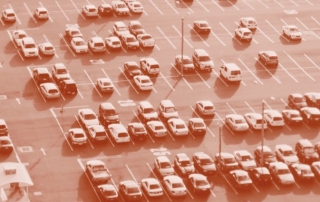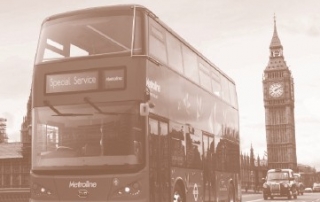ACCESS 49, Fall 2016
Introduction
Donald Shoup
This issue of ACCESS considers the most controversial topic in transportation: parking. When it comes to parking, rational people quickly become emotional, and staunch conservatives turn into ardent communists. Critical and analytic faculties seem to shift to a lower level when people think about parking. Some people strongly support market prices—except for parking. Some vehemently oppose subsidies—except for parking. Some abhor planning regulations—except for parking. Some insist on rigorous data collection and statistical tests—except for parking. This parking exceptionalism has impoverished discussions about parking policies. The authors in this issue have taken a more rational and rigorous approach.







